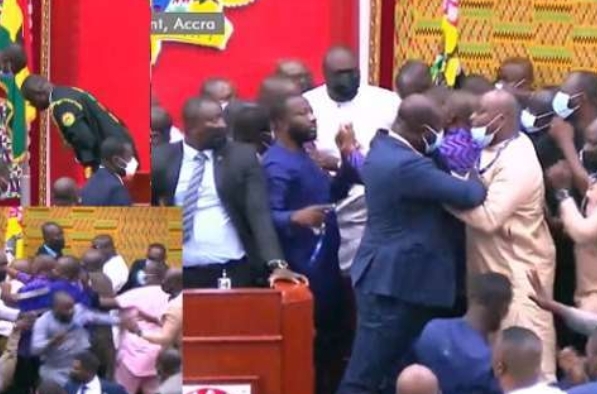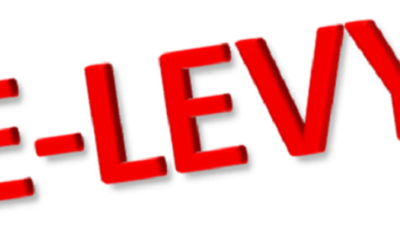For several days, weeks, and months there seems to be uproar whenever and wherever the issue of the controversial electronic transaction levy is been mentioned.
Like the regular tradition of the two leading political parties in the country, jabs will be thrown at each other; radio and television political shows will be filled with heated arguments by reps from both sides.
Media houses, print, and broadcast will seek the opinions of seasoned economists and taxation experts on the benefits of the E-Levy and why the citizenry should embrace it or not.
Some CSOs and non-governmental organisations will have their opinions taken up by some of these media platforms but expectedly, a few of these organizations are definitely going to attach their political sentiments which will sometimes see some of these media debates ending at absolutely nothing to decode.
There is a whole communication mambo jambo with regards to issues revolving around the levy and it will only take a well-crafted and properly designed communication strategy to get the average Ghanaian to accept it no matter what.
As it stands, Ghanaians are already suffering from constant hikes in fuel prices, wild inflations with basic needs such as food, water, transportation amongst others rising, and the fact that government sometimes is not able to show accountability for what the layman’s tax is used for.
Not to say that the government isn’t using taxes paid by any individual properly, it does, because at the end of the day security service, health, education, and all workers in the various public sector are been paid with these taxes.
There is a thin line between the government and the citizenry when E Levy is concerned and it is proper communication;
It looks like political heads who have been deployed to talk on the issue either leave those media houses with agitations in the hearts of innocent citizens.
Recently, there was a proposed door-to-door sensitization exercise which is believed will get the entire citizenry to embrace the electronic taxing system.
The questions stand as one, what happened to the creative arts industry.
Because without a fraternity with high influence on the entire Ghanaian populace, the government’s every attempt to convince the citizenry may be a mere illusion, or even if it becomes a success, it may tarry.
Mass communications experts say the world is experiencing the hypodermic needle theory of media where the media has so much power and audacity to inject into the mind of the individual what to believe and what to cling to in terms of ideologies.
So some of such powerful tools include mobile phones, televisions, radio, and the computers available.
So strategically, if the government can employ the services of creative for once, there may surely be great progress as far as convincing a greater portion of the citizenry is concerned.
In the early 2000s top-notch musicians at the time were employed to compose songs with concepts involving social and national issues which affected society.
Black Prophet, Shasha Marley, Stella Dougan, Diana Hopeson, Daasebre Dwamena, Felix Owusu, Chicago, Friction amongst a host of others were billed to compose a song at the time when HIV was a ravaging menace killing thousands.
Creatives must be involved at this juncture because the government’s sponsored commercial on why the E Levy must be passed has failed because whoever is the brain behind it obviously was creative on creating such content but luck just one thing; creativity.
One thing government must know is that there may be some positives to be enjoyed should the E Levy be passed but as it stands, Ghanaians are too stressed for any form of wrong style communication, but rather, a stress-free, relatable, creative, and humor-filled contents will do the magic.
FOCAP, MUSIGA, ATWAG, GTA, Actors’ Guild arise, this may be another opportunity for you to prove your worth.






























